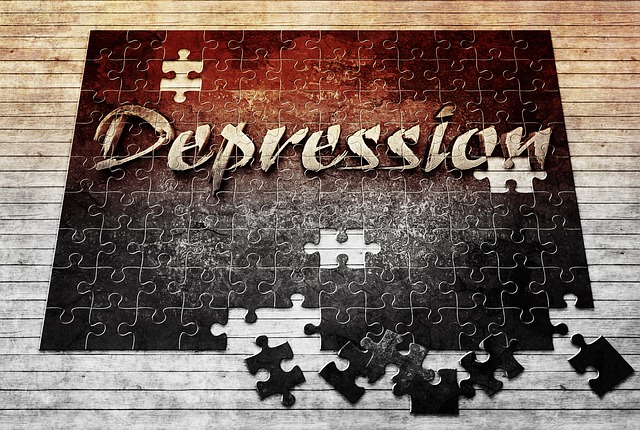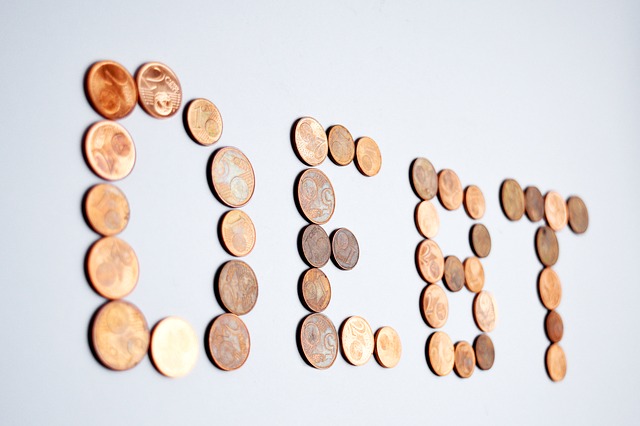Argentina has begun talks with the International Monetary Fund (IMF) about another bailout amid rising domestic inflation and a weakening currency. Last week, Argentina\’s central bank announced another interest rate hike to 40% after 12-month inflation reached 25.4%, above the 15% target. At the same time, the Argentine peso has weakened by more than 20% since the beginning of the year against the U.S. dollar
.
Michele Gesualdi, chief investment officer at Kairos Investment Management, said, “Argentina remains a troubled country and will face problems unless reforms are made.” According to Gesualdi, it is the lack of reforms in the country that is deepening the country\’s economic problems. There is a lot of passion about President Macri, and frankly, we have been involved in this issue for two years. But since then, the return for the risk has not been very high. The stock market situation has improved a bit, but in the last few quarters President Macri has increasingly disappointed investors by not implementing the reforms he promised.
Macri, a center-right Republican, was elected president in 2015 on a promise of economic reforms.
Graham Stock, emerging markets strategist at Blue Bay Asset Management, said the decision to turn to the IMF is a positive step. It is certainly the right decision. Central banks face the challenge of managing currency and controlling inflation. The Macri administration is gradually putting in place fiscal consolidation measures.
The request for IMF assistance is a very sensitive issue for Argentina, which in 2001 was unable to repay its $132 billion in external debt. The Washington-based IMF, which was assisting the country at the time, admitted shortly after its intervention that its efforts to stabilize the peso against the dollar had only prolonged the country\’s crisis.
[17